After nearly 3 years of implementing the Ha Den grape growing model in Hua Na commune, Than Uyen district (Lai Chau), it has initially brought economic efficiency, helping people increase their income.
Thereby, contributing to promoting the shift in crop structure, developing production towards commodity agriculture in Lai Chau province.
Black grapes are sold at prices ranging from 160,000-180,000 VND/kg, with a value of 200-300 million VND/crop. Photo: Dinh Thuy/VNA
Located right next to the concrete road leading to the fields of Dan Dam village, Hua Na commune, the Ha Den grape garden of the Hua Na commune cadres and Than Uyen District Youth Union is full of "more bunches than leaves". Every tree is full of bunches of ripe grapes, attracting many visitors and learners. This is the second year the vineyard has been harvested.
In October 2020, a group of Hua Na commune officials and Than Uyen District Youth Union boldly invested more than 300 million VND to buy 500 Ha Den grape seedlings to plant on rice fields in Dan Dam village. This is the first Ha Den grape growing model in Lai Chau province.
Mr. Lo Van Huong - Director of Hua Na Cooperative shared: "Before testing the planting of Ha Den grapes, we visited and learned about the reality at a Ha Den grape garden in Son La. Then, we planted 2,000 m2 of Ha Den grapes. For the grapes to grow and develop well, we had to invest in building a greenhouse, a roofed trellis, a drip irrigation system and buy seedlings from Bac Giang University of Agriculture and Forestry to plant and care for."
However, the first crop of Black Summer grapes did not bring the desired results because the growers did not fully understand the characteristics and care techniques of this type of plant. Therefore, the 500 Black Summer grape plants that were piloted all grew and developed well, but the fruits were small and uneven, some plants had some, some did not. The reason was that the plants developed too many stems and leaves, so there was not enough nutrition to nourish the fruit.
Learning from the failure of the first crop, after cutting and pruning all the grapevines in the garden, the Hua Na commune cadres and Than Uyen District Youth Union focused on caring for and closely monitoring each stage of the plant's growth; at the same time, they supplemented appropriate nutrition to proactively help the plants flower and bear fruit. Thanks to that, in the second crop, the grapevine garden grew and developed well, producing many bunches of large, even fruit. Everyone was excited and confident in the success of the model.
In addition to harvesting fruit, the vineyard also serves experiential tourism activities. Photo: Dinh Thuy/VNA
Mr. Huong added that growing Ha Den grapes requires attention to technical aspects. Before planting seedlings, it is necessary to clean the grass and plow the soil thoroughly; then, make beds and dig planting holes. The bed size is about 1.5 m wide, about 25-30 cm high, the distance between plants is 1 m and the distance between rows is 3 m; use NPK phosphate fertilizer, decomposed manure and microbial fertilizer as basal fertilizer for the vineyard. During the care process, fertilize once a month to ensure adequate nutrition for the plants to grow and develop.
During the care process, it is necessary to regularly prune old leaves, diseased leaves, and leaves that are hidden under the lower layer. To have even, balanced grape clusters, it is necessary to regularly prune the fruit and remove the fruits that are pressed against each other when the grapes are still green. This is the stage that determines the quality and shape of the grape cluster later.
In addition to balanced and reasonable fertilization for each stage of growth and development of grapevines, the Hua Na commune cadres and Than Uyen District Youth Union also regularly water and ensure suitable humidity for the grapevines to develop. Spraying pesticides to prevent and control pests and diseases in the garden is also focused on by the cadres implementing the model, mainly using biological products to prevent and control pests and diseases.
Grown in a greenhouse, carefully covered and cared for according to technical procedures, the Ha Den grape garden of the Hua Na commune cadre group and Than Uyen District Youth Union has grown and developed well, producing many bunches, with large and abundant fruit.
Than Uyen District Youth Union Secretary Do Van Tuan said that after nearly 3 years of growing Ha Den grapes, it has been shown that Ha Den grapes are one of the grape varieties suitable for the climate and soil in the district. At the same time, it gives high quality yield and brings high economic value. This is one of the crops that can be expanded and brings great potential in the area. The economic efficiency each year for 2 Spring-Summer and Autumn-Winter crops with over 2,000 m2 of area, each crop yields from 1.5 - 1.8 tons of fruit and sells at prices ranging from 160-180,000 VND/kg; the value is from 200-300 million VND; creating jobs for 3-5 regular local workers with salaries from 3-5 million VND/month.
Currently, Ha Den grape products are mainly supplied to the market in Than Uyen district and Lai Chau province. Most of them are used for experiential tourism activities in the area so that people and tourists can visit and experience tasting grapes in the garden; helping customers understand more about the process of creating clean agricultural products, ensuring food hygiene and safety.
In addition to harvesting fruit, the vineyard also serves experiential tourism activities. Photo: Dinh Thuy/VNA
Mr. Huong added that growing Ha Den grapes requires attention to technical aspects. Before planting seedlings, it is necessary to clean the grass and plow the soil thoroughly; then, make beds and dig planting holes. The bed size is about 1.5 m wide, about 25-30 cm high, the distance between plants is 1 m and the distance between rows is 3 m; use NPK phosphate fertilizer, decomposed manure and microbial fertilizer as basal fertilizer for the vineyard. During the care process, fertilize once a month to ensure adequate nutrition for the plants to grow and develop.
During the care process, it is necessary to regularly prune old leaves, diseased leaves, and leaves that are hidden under the lower layer. To have even, balanced grape clusters, it is necessary to regularly prune the fruit and remove the fruits that are pressed against each other when the grapes are still green. This is the stage that determines the quality and shape of the grape cluster later.
In addition to balanced and reasonable fertilization for each stage of growth and development of grapevines, the Hua Na commune cadres and Than Uyen District Youth Union also regularly water and ensure suitable humidity for the grapevines to develop. Spraying pesticides to prevent and control pests and diseases in the garden is also focused on by the cadres implementing the model, mainly using biological products to prevent and control pests and diseases.
Grown in a greenhouse, carefully covered and cared for according to technical procedures, the Ha Den grape garden of the Hua Na commune cadre group and Than Uyen District Youth Union has grown and developed well, producing many bunches, with large and abundant fruit.
Than Uyen District Youth Union Secretary Do Van Tuan said that after nearly 3 years of growing Ha Den grapes, it has been shown that Ha Den grapes are one of the grape varieties suitable for the climate and soil in the district. At the same time, it gives high quality yield and brings high economic value. This is one of the crops that can be expanded and brings great potential in the area. The economic efficiency each year for 2 Spring-Summer and Autumn-Winter crops with over 2,000 m2 of area, each crop yields from 1.5 - 1.8 tons of fruit and sells at prices ranging from 160-180,000 VND/kg; the value is from 200-300 million VND; creating jobs for 3-5 regular local workers with salaries from 3-5 million VND/month.
Currently, Ha Den grape products are mainly supplied to the market in Than Uyen district and Lai Chau province. Most of them are used for experiential tourism activities in the area so that people and tourists can visit and experience tasting grapes in the garden; helping customers understand more about the process of creating clean agricultural products, ensuring food hygiene and safety.
Source link


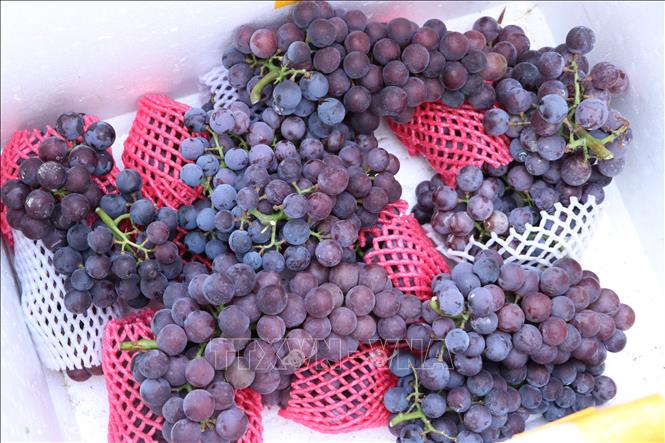
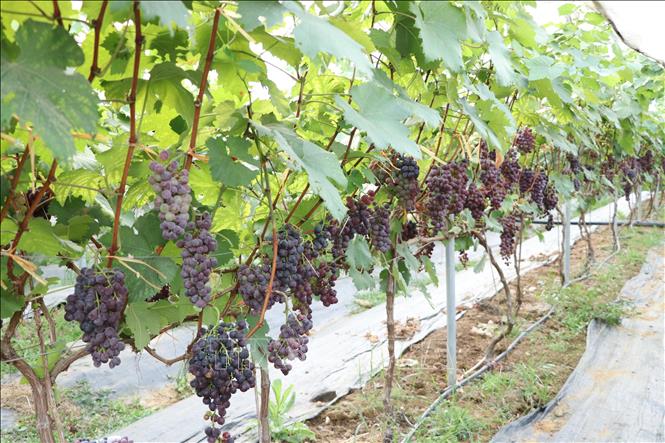
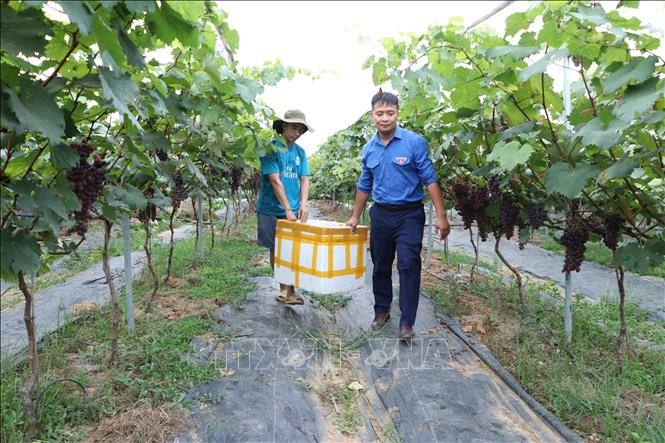




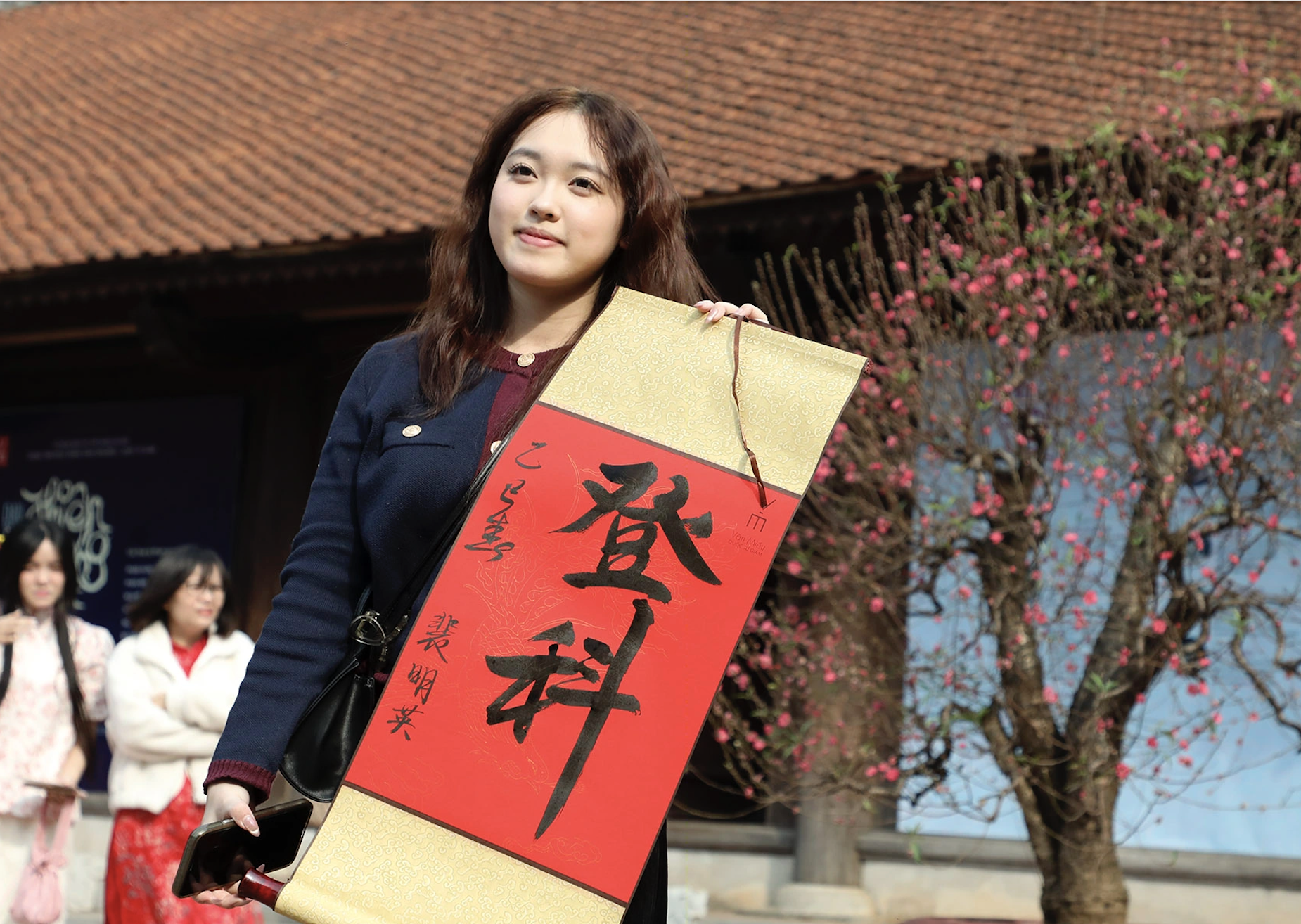
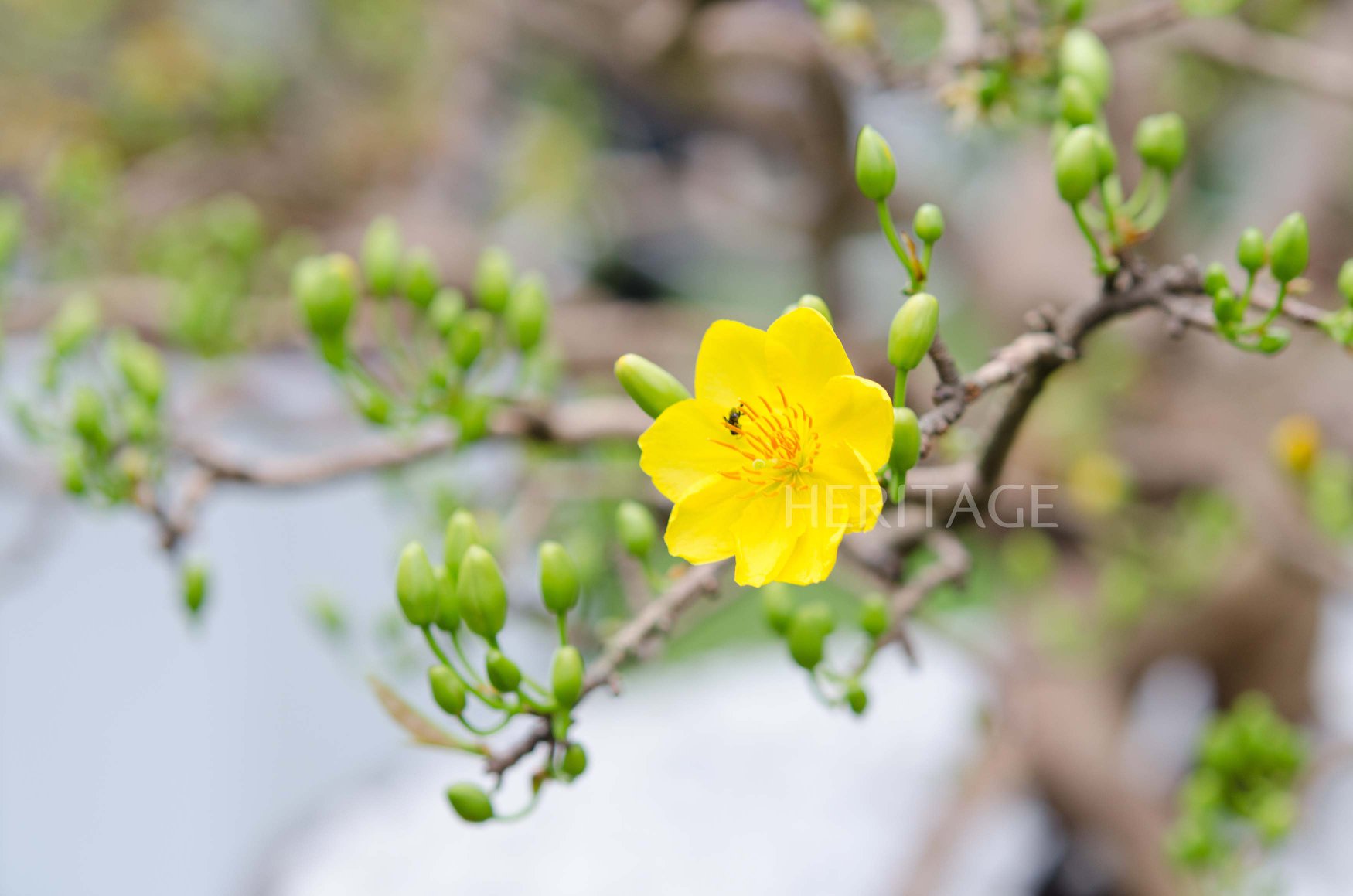














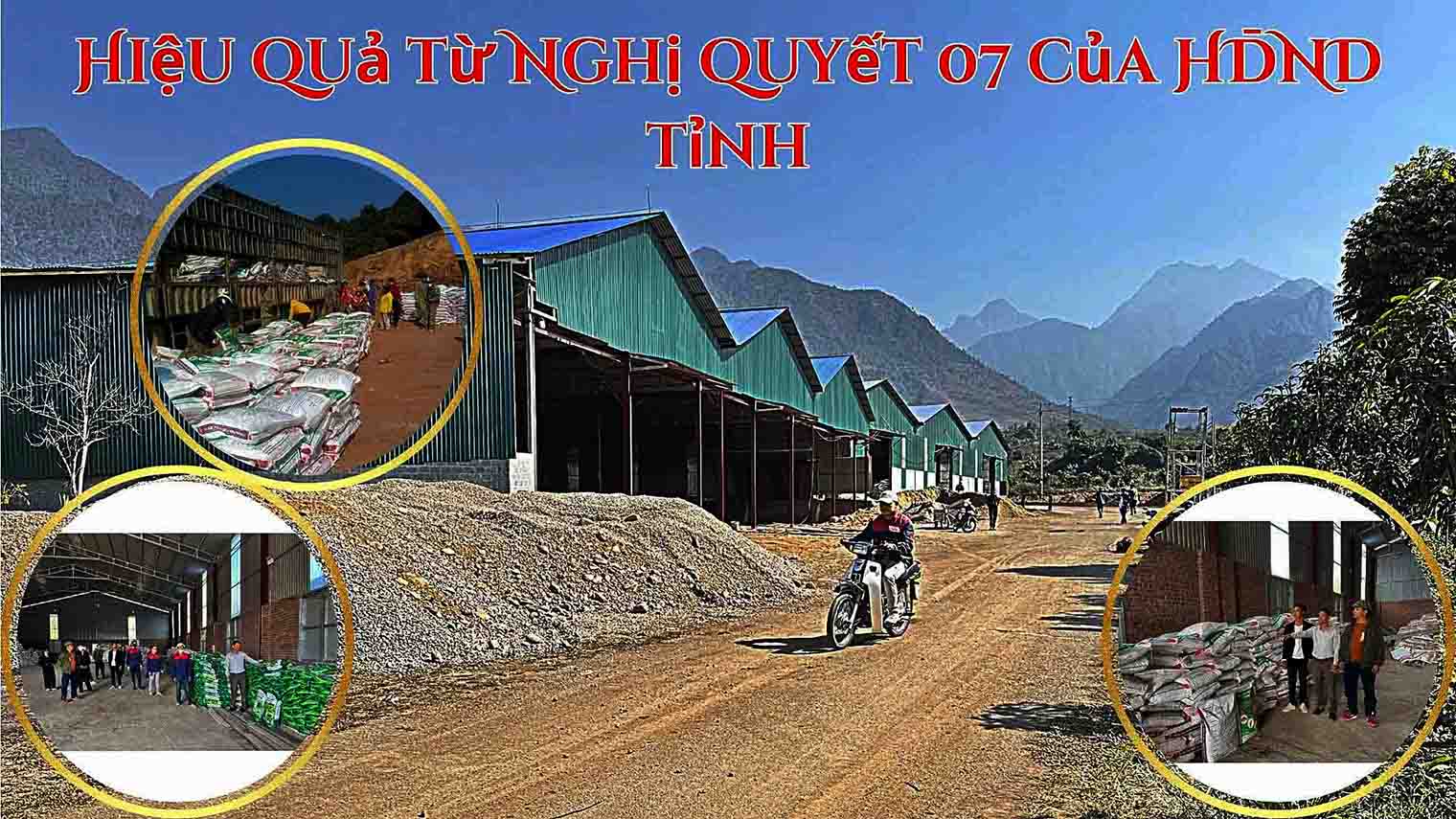



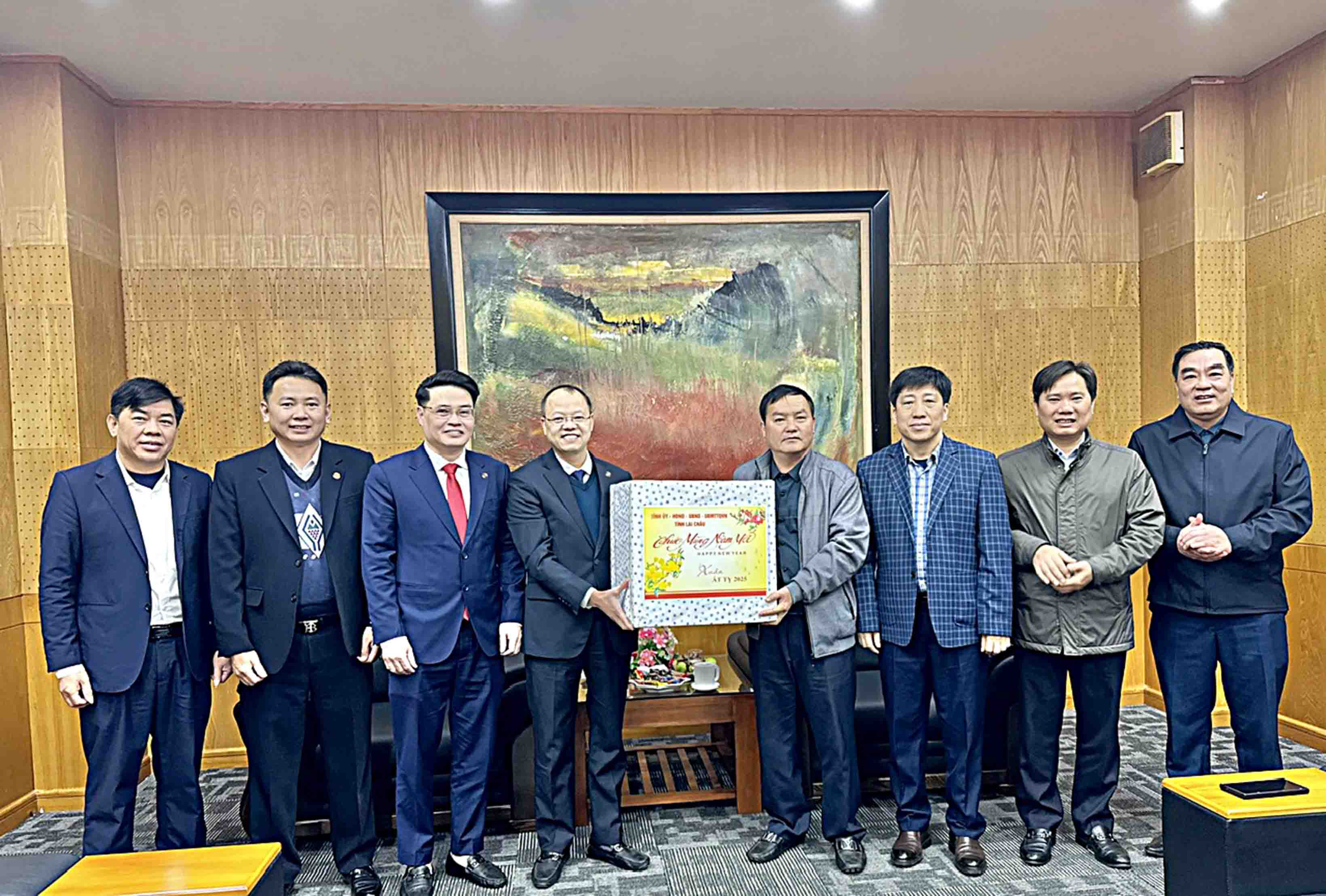
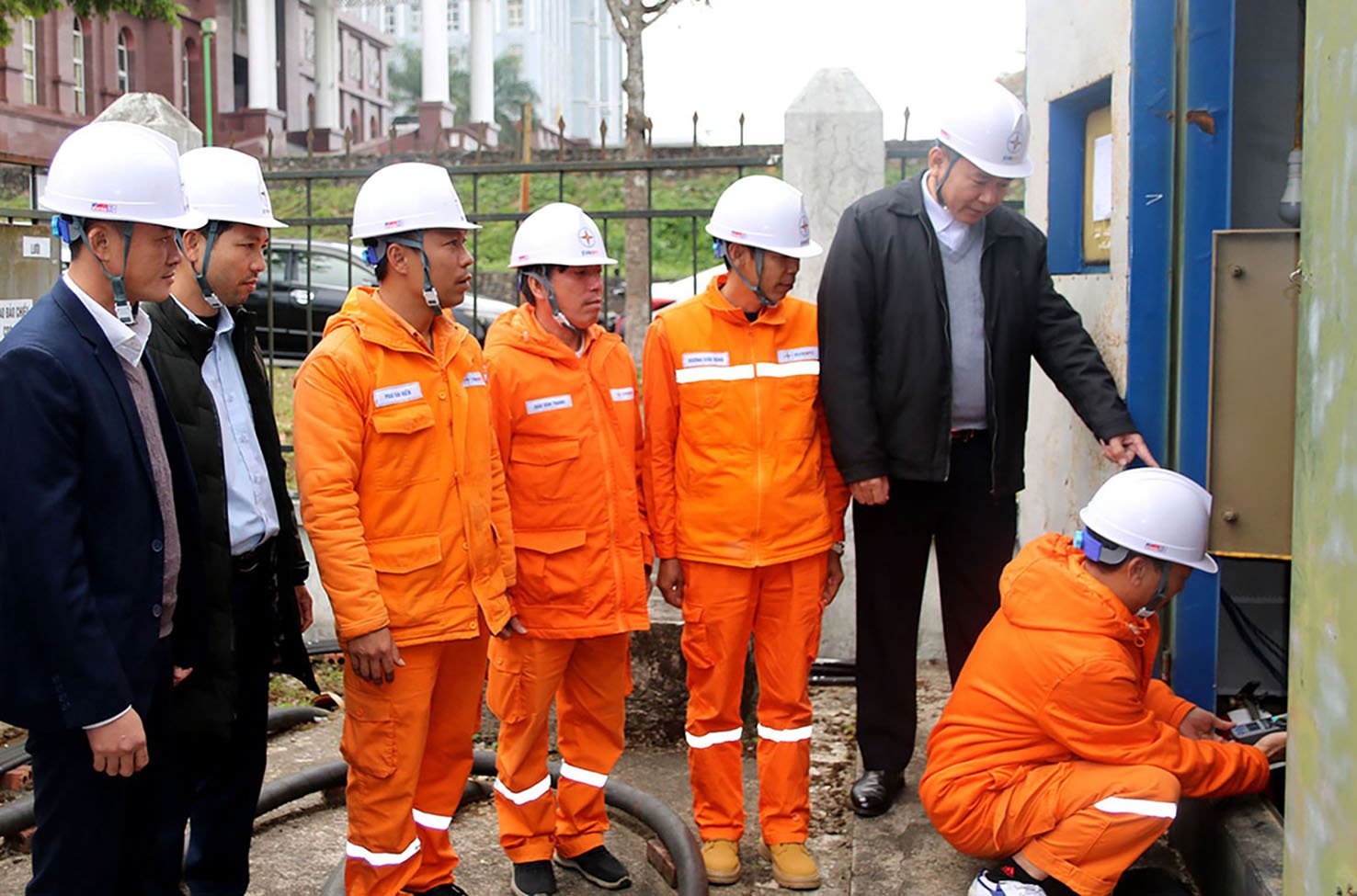
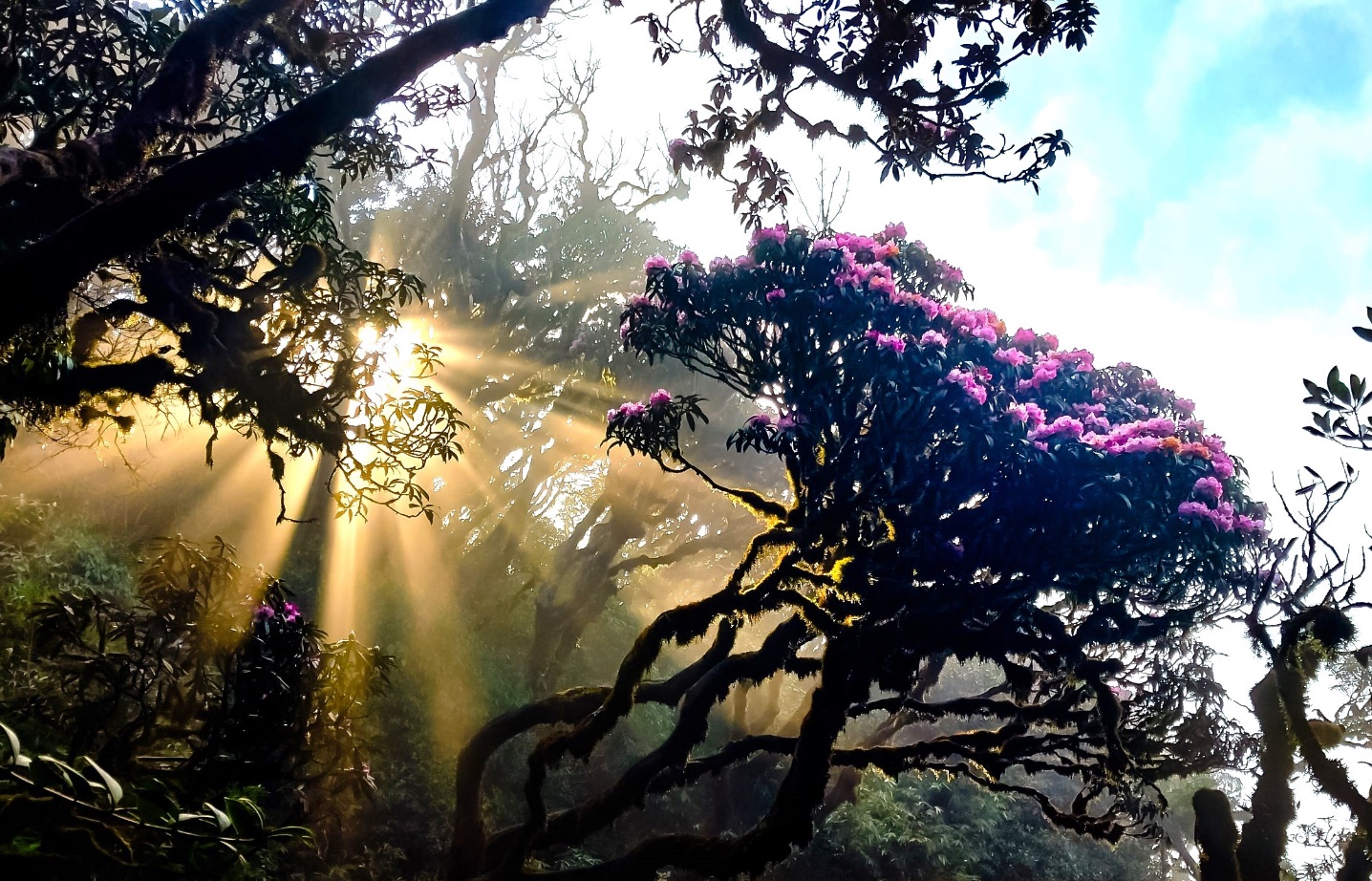

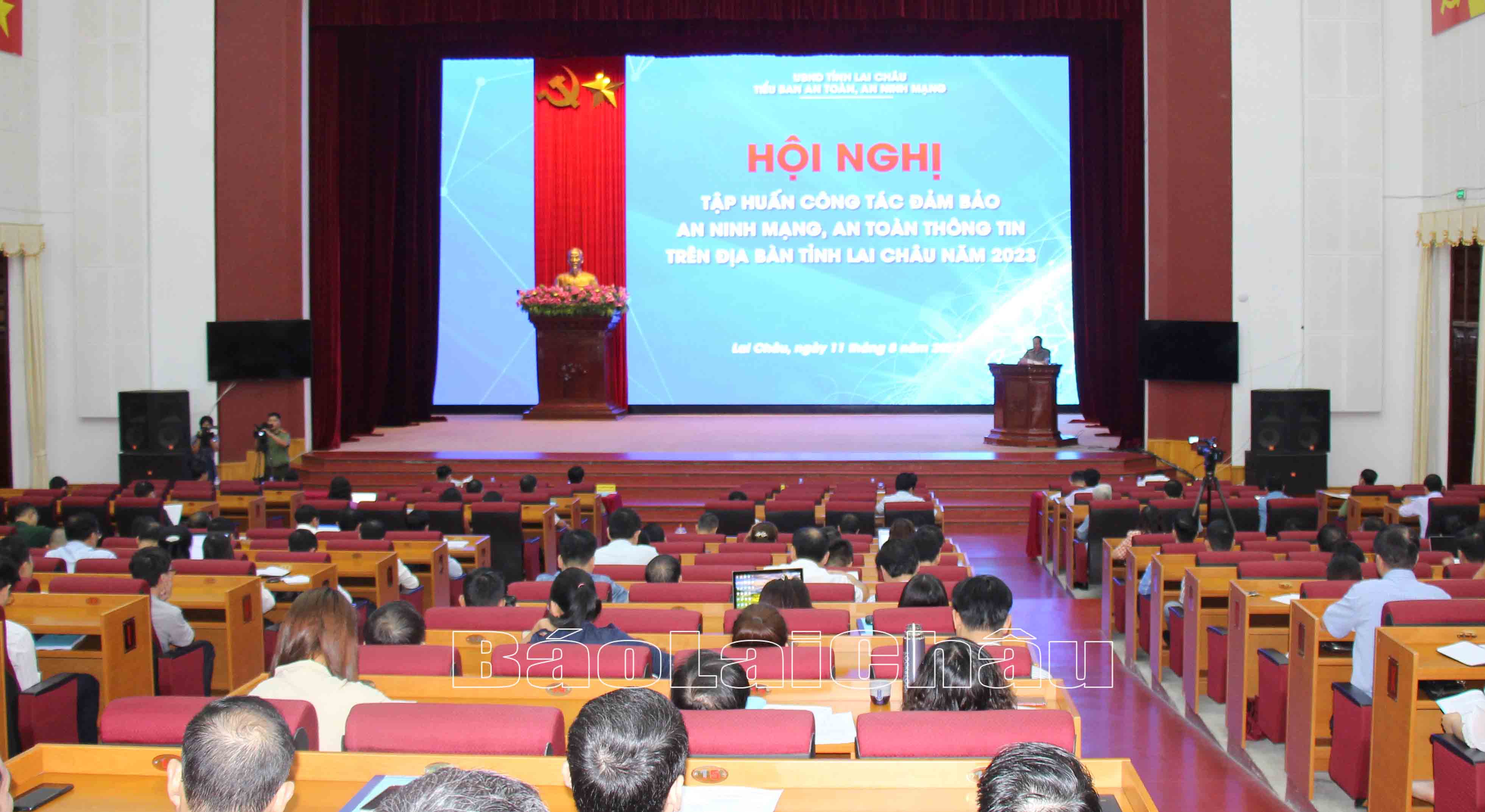
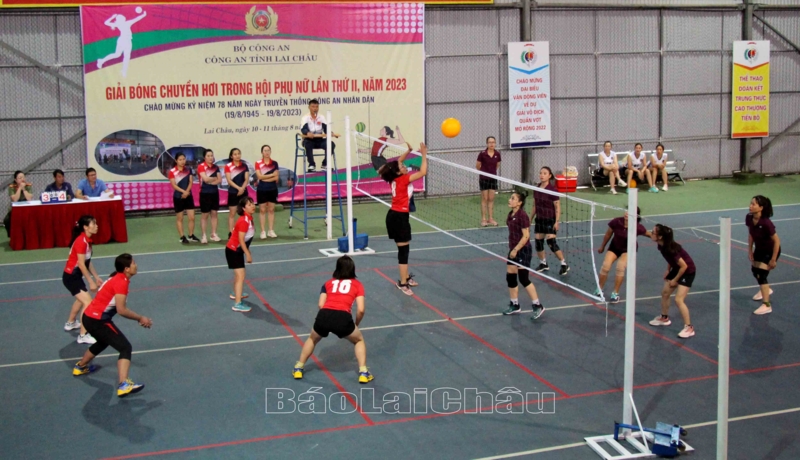
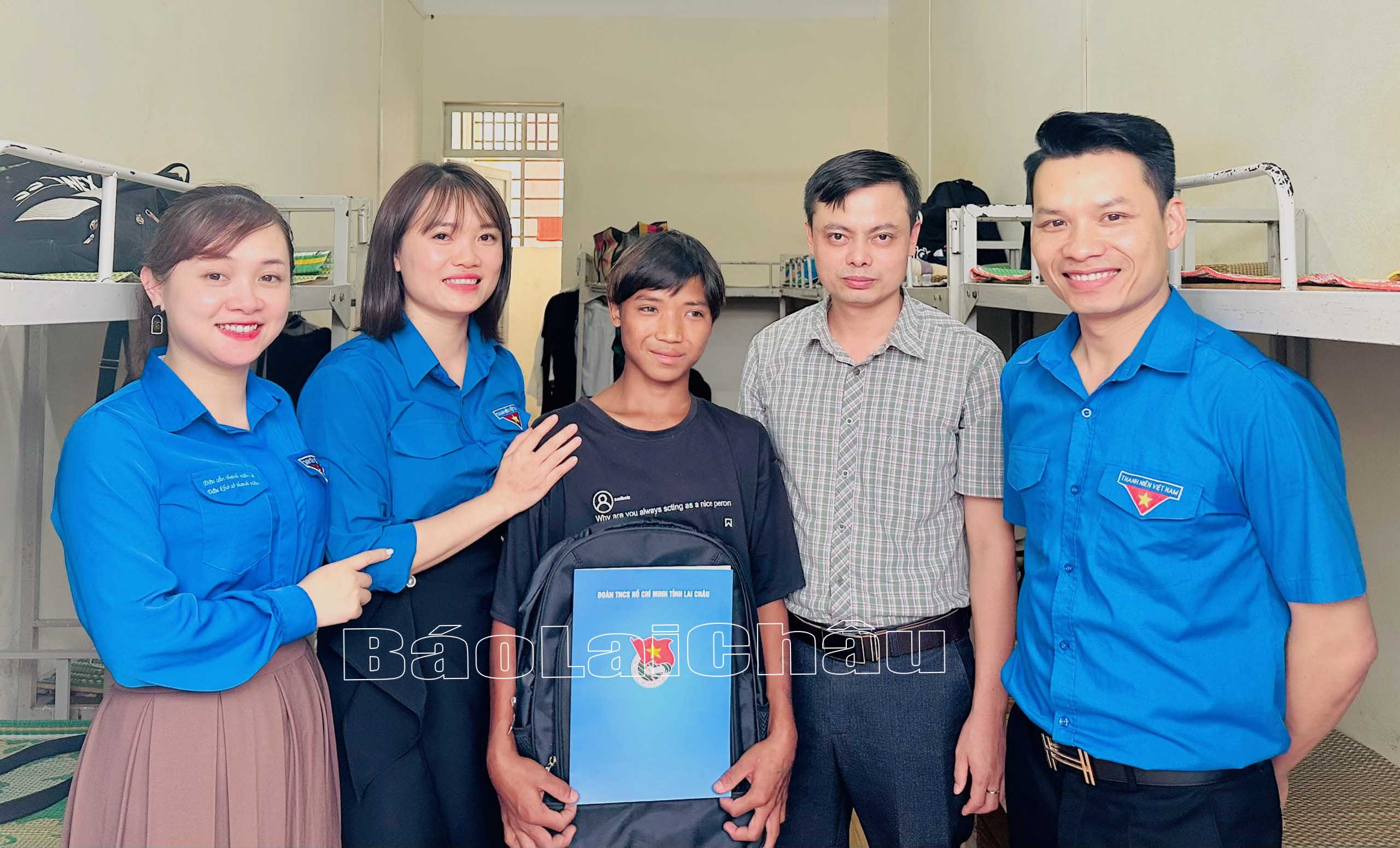
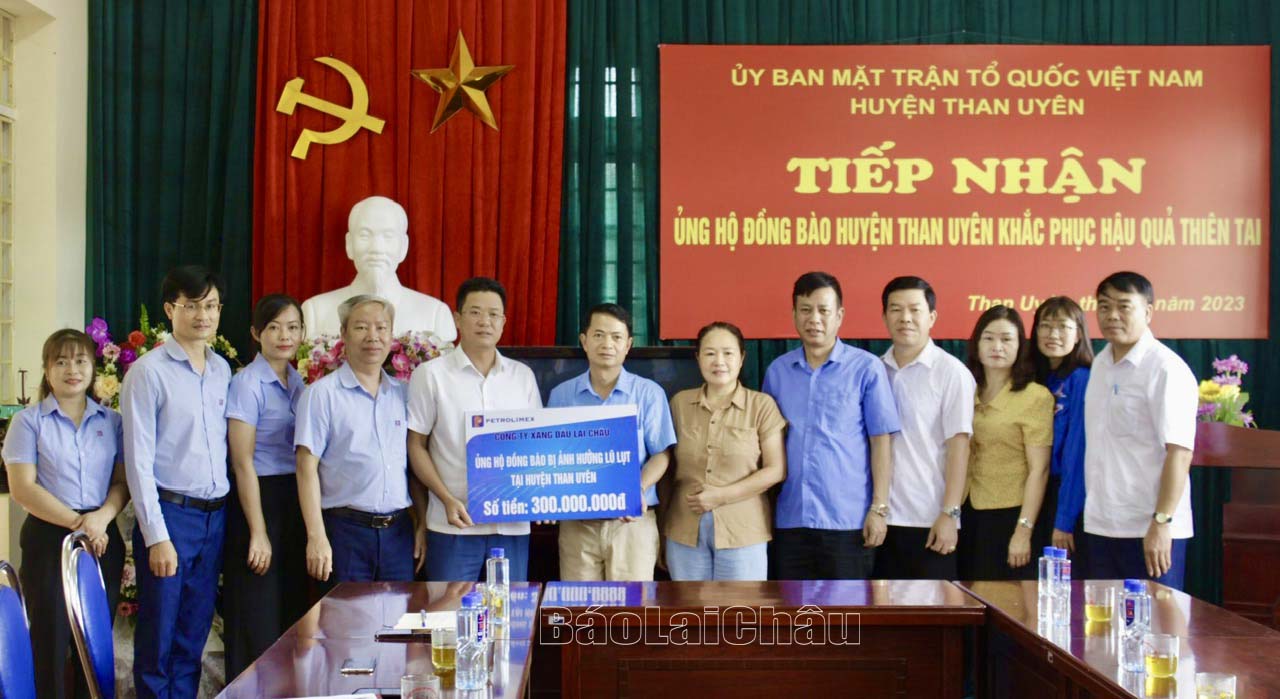





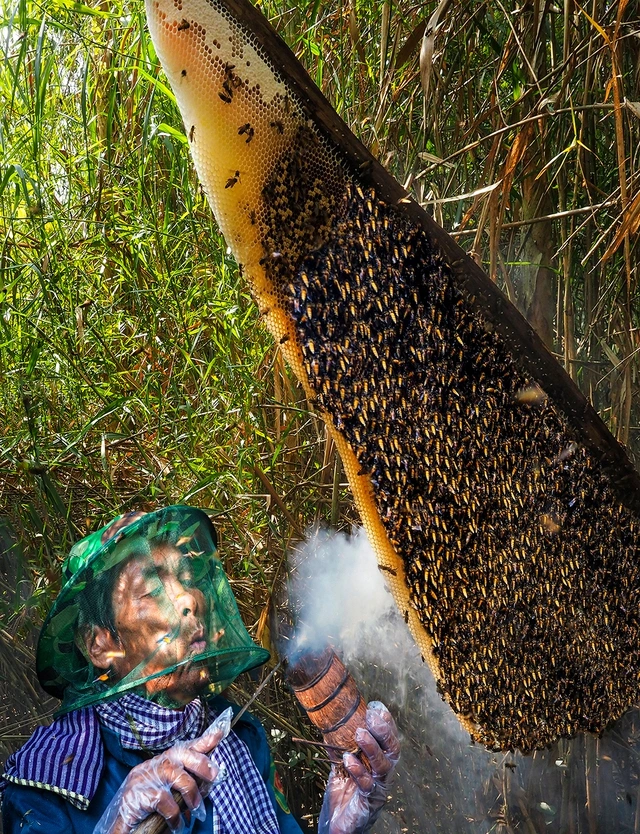








Comment (0)